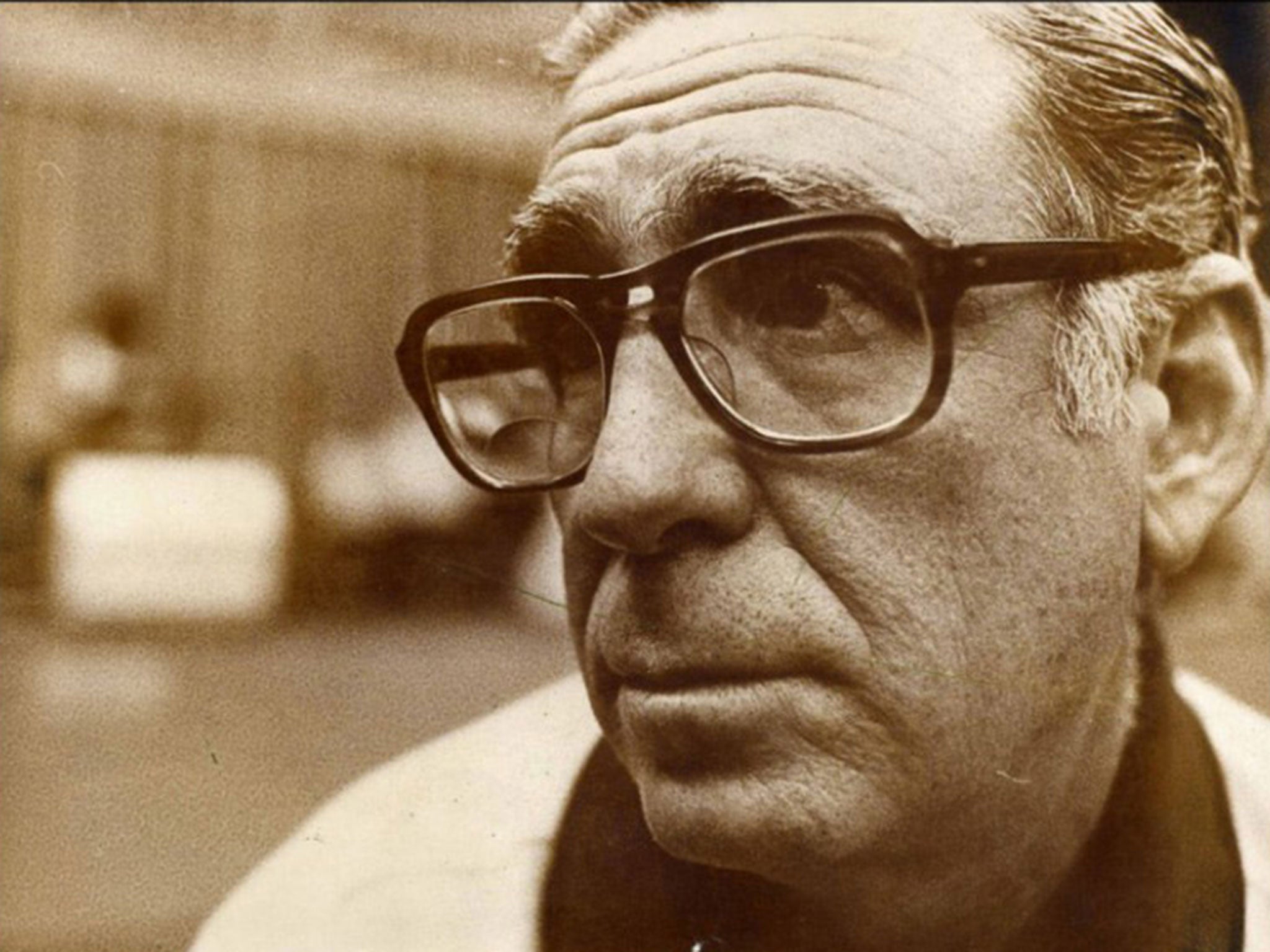Father Fernando Cardenal: Priest who was expelled by the Jesuits for joining the Sandinista regime following the Nicaraguan revolution
After the installation of the Sandinistas, Cardenal led a national literacy campaign in which he described himself as "the general of an army of 100,000" volunteers

Your support helps us to tell the story
From reproductive rights to climate change to Big Tech, The Independent is on the ground when the story is developing. Whether it's investigating the financials of Elon Musk's pro-Trump PAC or producing our latest documentary, 'The A Word', which shines a light on the American women fighting for reproductive rights, we know how important it is to parse out the facts from the messaging.
At such a critical moment in US history, we need reporters on the ground. Your donation allows us to keep sending journalists to speak to both sides of the story.
The Independent is trusted by Americans across the entire political spectrum. And unlike many other quality news outlets, we choose not to lock Americans out of our reporting and analysis with paywalls. We believe quality journalism should be available to everyone, paid for by those who can afford it.
Your support makes all the difference.Fernando Cardenal was a Catholic priest and liberation theologian who defied the church to serve as education minister in the Marxist Sandinista government of Nicaragua in the 1980s, a stand that he said reflected his "pact with the poor" and that resulted in his temporary banishment from the Jesuits.
During the social upheaval in Nicaragua in the 1980s, after the Sandinistas had overthrown the Somoza dictatorship, Cardenal landed in the centre of a divisive conflict in the Catholic Church. At the time, a contingent of priests and theologians, particularly in Latin America, championed liberation theology, believing that the church should deliver not only spiritual but also economic liberation to the poor.
Cardenal had ministered to the poor during his Jesuit novitiate in Medellin, Colombia, and as a professor in Nicaragua in the 1970s, he organised a group of students to protest against the Somoza dictatorship. When a member of the Sandinistas asked him to join, he agreed. "I told him that he could count on me," Cardenal said. "And he said, 'From now on, your name will be Justo [just]. "I liked that a lot."
After the installation of the Sandinistas, Cardenal led a national literacy campaign in which he described himself as "the general of an army of 100,000" volunteers who moved into the homes of campesinos, or poor farmers, and taught them to read. The campaign reduced the illiteracy rate in Nicaragua from around 50 per cent to 13 per cent in five months.
In 1984, Cardenal became education minister, one of several priests to join the Sandinista government,. They were defying Pope John Paul II, and Cardenal was expelled from the Jesuits. He stood down in 1990 when the Sandinistas were voted out. In 1995 he left the Sandinista National Liberation Front, denouncing "a small minority, including a few high-ranking leaders", who committed "acts of corruption". He was reinstated as a Jesuit in 1997.
Born in 1934, Cardenal said he had never encountered poor people before being sent to a deprived neighbourhood in Colombia. Buying bread for the Jesuit community, "I came into contact with small boys and girls," he recalled. "I could see the hunger in their faces, and they began to ask me for bread." He gave away his food. He later saw a family eating from the Jesuits' bins. When he left, he said, he told those neighbours, "I want to leave you a very solemn promise in the face of God, that I will dedicate my life to the liberation of the poor and to the struggle for justice."
Fernando Cardenal Martinez, priest and politician: born 26 January 1934; died 20 February 2016.
© The Washington Post
Join our commenting forum
Join thought-provoking conversations, follow other Independent readers and see their replies
Comments